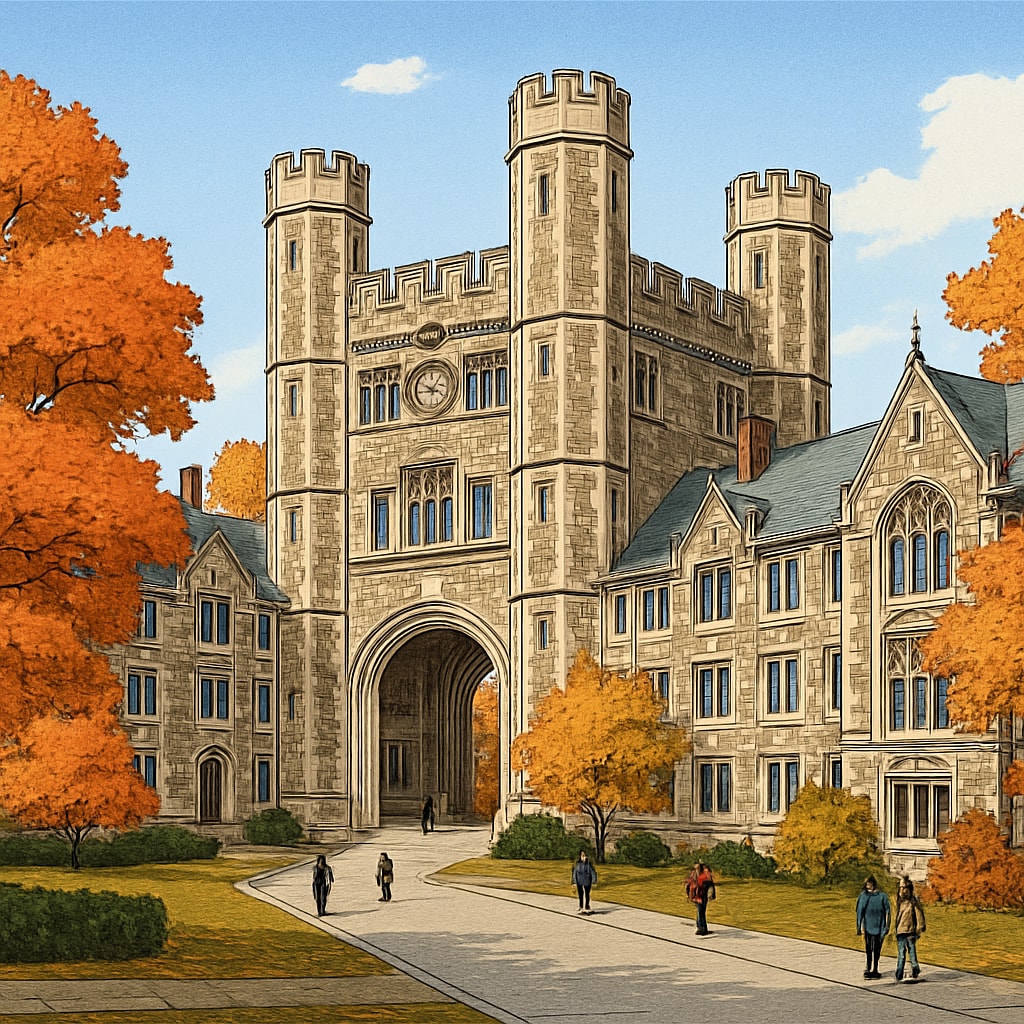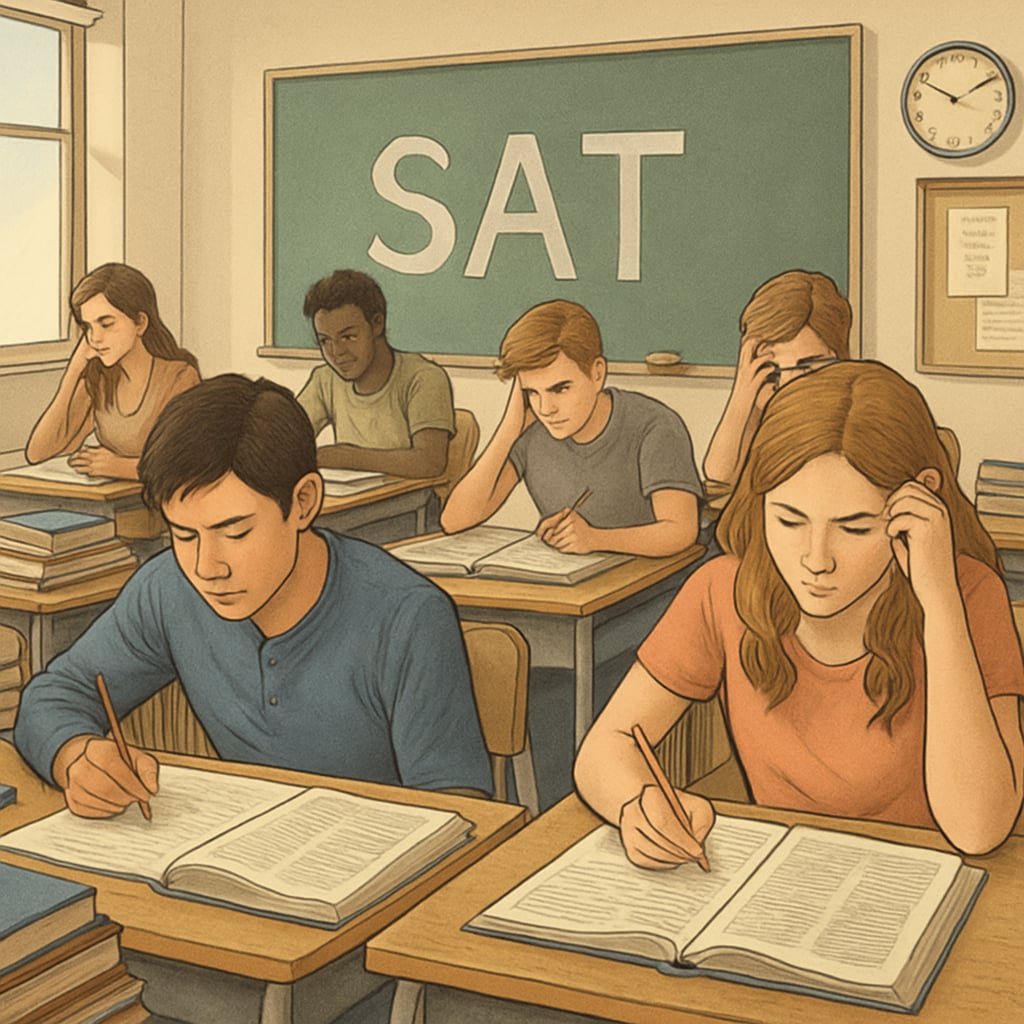Princeton and other Ivy League institutions have long been considered the pinnacle of academic achievement and intellectual prestige. However, the growing scrutiny surrounding their exaggerated reputation raises important questions: Are these institutions truly deserving of the societal adoration they receive? And what are the consequences of this elite education worship on broader educational frameworks, such as the K-12 system?
For decades, Ivy League schools have been synonymous with success, wealth, and influence. Institutions like Harvard, Yale, and Princeton have cultivated an aura of exclusivity that fuels their status as dream destinations for students worldwide. Yet, as society increasingly challenges traditional hierarchies, the question arises: has the Ivy League’s reputation been overestimated, and have we overlooked its flaws?
Historical Origins of the Ivy League Aura
The Ivy League’s reputation is deeply rooted in history. Established in the pre-Revolutionary era, these schools were initially designed to educate the elite class. Over time, they became symbols of privilege and intellectual superiority. The term “Ivy League” itself, coined in the mid-20th century, carries connotations of prestige and exclusivity.
However, this historical foundation often overshadows critical inquiries into whether these schools genuinely provide superior education compared to other institutions. Studies have shown that many non-Ivy League schools offer comparable, if not better, academic programs in specific fields. For example, Stanford University and MIT frequently outperform Ivy League schools in STEM disciplines, yet lack the same cultural mystique.

The Disproportionate Influence of Ivy League Schools
One of the most concerning aspects of the Ivy League’s reputation is its disproportionate influence in shaping societal narratives surrounding success. Graduates from these institutions often dominate leadership positions in politics, business, and academia, creating a self-reinforcing loop of privilege.
While Ivy League alumni undoubtedly achieve remarkable success, this phenomenon raises concerns about access and equity. The hyper-focus on elite education ignores the contributions of public universities and community colleges, which educate the majority of students and drive innovations across various industries.
Moreover, the Ivy League’s admissions process perpetuates inequality. Legacy admissions, preference for wealthy donors, and an emphasis on standardized testing disproportionately favor privileged applicants. This further widens the gap between elite institutions and the broader educational ecosystem.
Impact on K-12 Education
The glorification of Ivy League schools trickles down into the K-12 system, shaping how students and families approach education. High school students are often encouraged to obsess over building resumes tailored to Ivy League admissions standards. This includes an overemphasis on extracurricular activities, advanced placement courses, and standardized test scores.
As a result, schools and families divert resources toward creating “ideal candidates” for elite universities, often at the expense of holistic learning and well-being. For example, mental health issues among high school students have been linked to the pressure of meeting unrealistic academic and extracurricular demands. In addition, schools in underserved communities face challenges in competing with wealthier districts that have the means to support Ivy League aspirations.

Shifting Perspectives on Elite Education
In recent years, there has been a growing movement to challenge the dominance of elite institutions like Princeton and other Ivy League schools. Advocates argue for a more balanced view of higher education, emphasizing the importance of non-Ivy League schools in providing accessible, high-quality education.
Organizations promoting equitable access to education aim to dismantle the notion that Ivy League degrees are the sole pathway to success. For example, research has shown that graduates from state universities often outperform Ivy League alumni in terms of return on investment, particularly in fields like engineering and healthcare.
As society reevaluates traditional metrics of success, there is a growing appreciation for diverse educational paths that prioritize affordability, inclusivity, and impact over prestige.
Conclusion: Reevaluating What Matters in Education
While Princeton and other Ivy League schools undeniably offer excellent resources and opportunities, their reputation should not overshadow the contributions of other institutions. The worship of elite education perpetuates inequality and puts undue pressure on students within the K-12 system.
As we move forward, it is crucial to foster a culture that values education as a tool for personal growth and societal progress rather than as a status symbol. By broadening our perspective, we can create a more inclusive and equitable educational landscape that benefits all learners, regardless of the institution they attend.
Readability guidance: Short paragraphs, use of lists where applicable, balanced sentence length, and transition words ensure clarity and flow. Images are strategically placed to enhance engagement.


